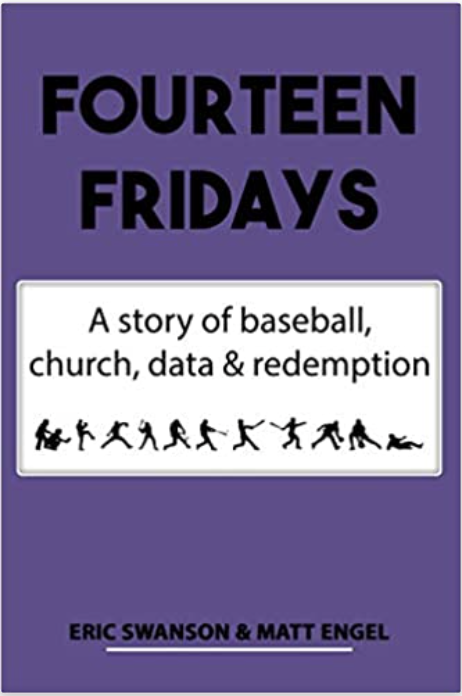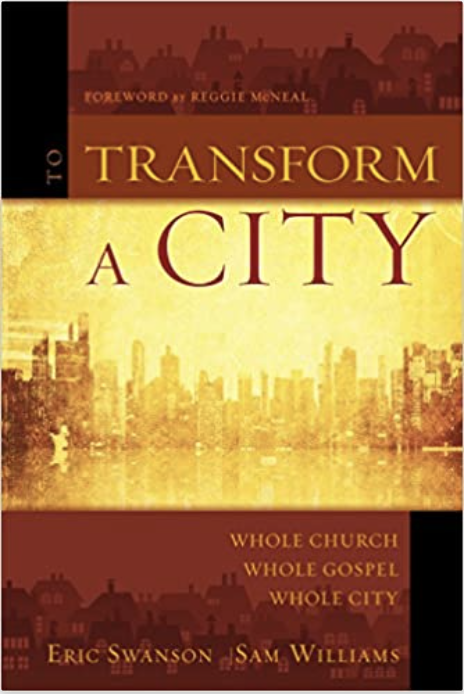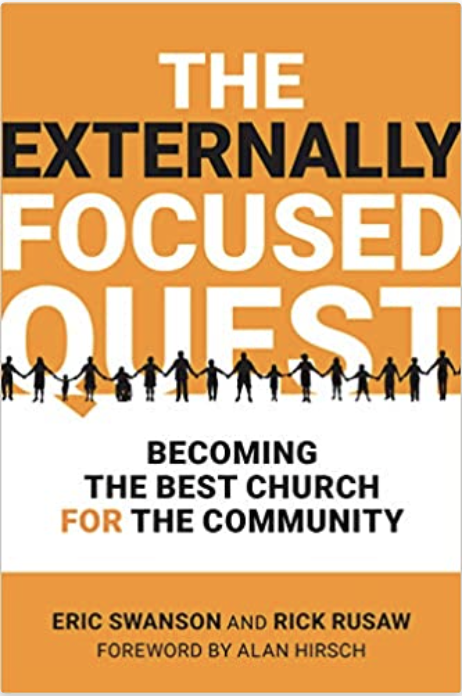How TV made watching from home BETTER than being at the game

What is the best seat from which to watch the Super Bowl…or any football game for that matter? If we are honest, there is no better seat than your favorite chair in your own living room. How can sitting at home be better than being there live?
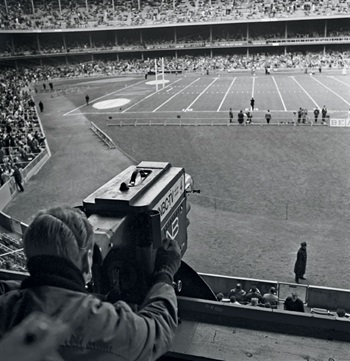
A little history: In 1939 CBS broadcast the first football game between the Philadelphia Eagles and the Brooklyn Dodgers (go figure). CBS used 2 cameras and 8 or 10 staff to pull this off. TV was always a secondary experience to going to a live game. How could TV compare to the emotion of being shoulder to shoulder with 50,000 other raving fans, sitting on a metal bench, eating over-priced hotdogs and drinking over-priced beverages?
Why, across every professional sport, is live sport attendance down over 10 percent the past 12 years? Televised sports, from Football to NASCAR figured out how to make the at-home experience better than attending the live event. 70” High-definition TV, Bose sound bars, slow-motion, close-ups, multiple angle cameras, instant replay, sky-cams, the pause button and access to your own refrigerator, at any time, give the edge to watching the game from home. People who attend the live events often record the games so they can see all that they missed by being at the live event!
The script has flipped. The at-home experience is so much better today that now the live event at the stadium tries to imitate and replicate the experience you effortlessly have at home with jumbo screens, instant replay etc. The ultimate live experience is to be seated in a luxury box. With a big screen TV, seated in a comfy swivel chair, with an unlimited supply of food and beverage. Sounds a lot like watching from home doesn’t it? Could you do the same for church?
TV won the viewer battle because they didn’t challenge themselves with simply recording what was going on in the stadium but they challenged themselves with how they could make the game-day experience better than being there in person.
What will happen during the COVID-19 lockdown is that some innovative churches will not just figure out ways to survive this months-long ordeal but they’ll figure out how to better accomplish their mission in the digital space better than they could ever do in an analog world. And that will change how people attend a time-and-space-bound church service going forward. The new wine will not flow comfortably back into old wine-skins. Millennials and Gen Z are digital natives. What will be new to you may be absolutely familiar with them.
IF that will be the new reality 18 months from now what can you do to make sure you are on track to be thriving on the other side of the pandemic? Here are my suggestions for your consideration:
Give yourself a problem worth solving that will bring out the best in your people. Creativity thrives on scarcity and constraints. How could you better do online than you could in person?
How could you emerge from this with a stronger marriage? How could you be a better parent?
How could your children do better because they are home for the next several months rather than being in school?
How could you become a better neighbor—helping turn “me” to “we?”
How could every congregant have a story to tell of what they did to love and serve during the Pandemic of 2020?
How could you work more closely with churches in your city as an expression of unity?
It’s time to advance your mission in your community, not trying to preserve what you have till this crisis passes. Churches that thrive during this time will present a compelling reason to start, continue or increase the financial support. And that reason will be found in real difference-making ministry…not just keeping the lights on and the staff paid
It’s time to pastor more…preach less. In February you were primarily teaching or preaching to a room filled with people being watched by those who are online. Today you are not preaching to a crowd but talking to an individual or a couple or a family seated in a living room. You preach to crowds but you don’t preach to individuals…you converse…you empathize…you console. Of the 43 church on-line services I visited on Sunday, the ones that connected most with me (and it might just be me) were not those who preached from behind a podium but those who sat (sometimes with another person) and unpacked the Scriptures in view of the realities today. These are the pastoral descendants from Issachar. Does it really make sense to talk to a person from behind a podium? Podiums are good for crowds but a coffee table is good for company.
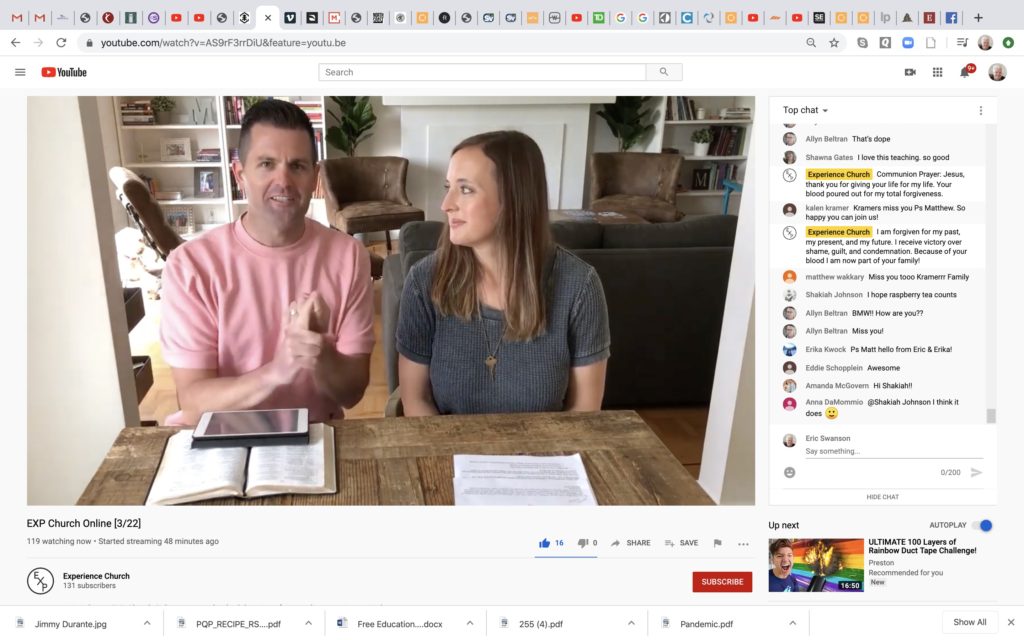
Experiment with the length of your service. Checking in with pastors from this past week, congregants viewed your service from 14-22 minutes.
If you had a 20-minute service what would you do? This is time for experimentation.
What could you do that would cause people to engage for 60 minutes?
Use this time to convert consumers into contributors by presenting practical ways to serve.
“This week we’d like to write personal notes of gratitude to all the workers who stock shelves and work at the check-out stands. Next week we are doing the same for all those in the medical field.”
“We have two opportunities this week: To provide groceries or to deliver groceries.”
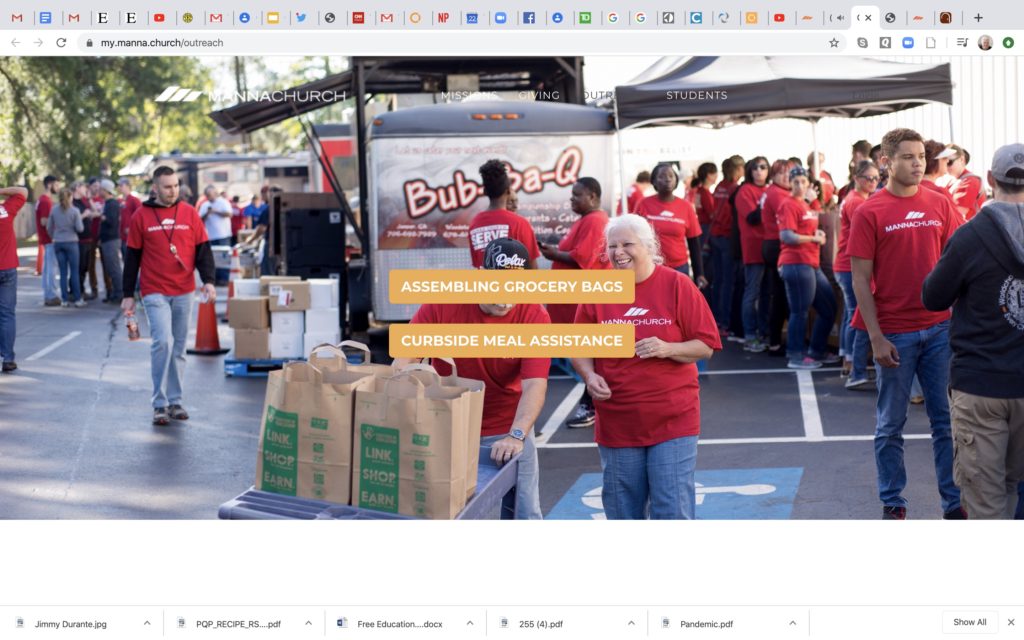
Try things you’ve never been able to do before. A pastor friend of mine is going to start teaching an online class on “How to study the Bible.” The group will meet weekly on Zoom.
You will find that connecting to people through Zoom may be the biggest ministry break-through ever. Last night I met with a dozen Boulder pastors who talked about ways they were connecting with their congregants, how they were serving the community…and everyone was taking notes.
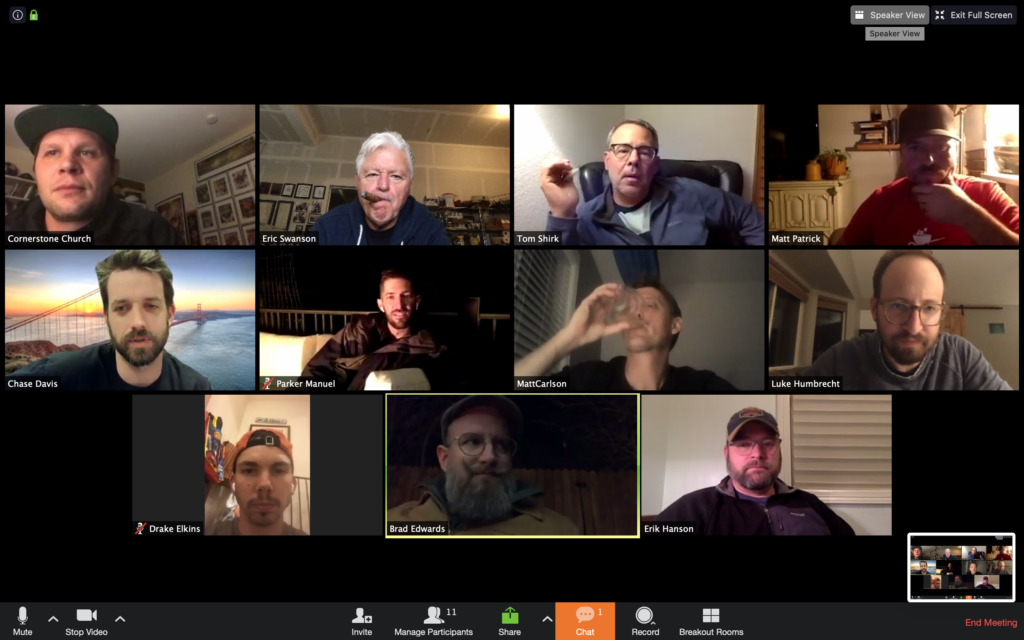
A few years ago I read Jules Verne’s book Mysterious Island–a story of 5 Union Soldiers who escape a Confederate prison camp in a weather balloon and find themselves on a uncharted Island. As some put forth ideas on how they might survive on this unknown island, the captain set the tone of how the rest of the story would unfold. “We are not castaways….we are colonizers.” In this pandemic we also have the choice….”What are we going to do to survive this time?” or “How can we do more and better in fulfilling our mission than we have ever done before?”





